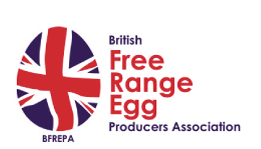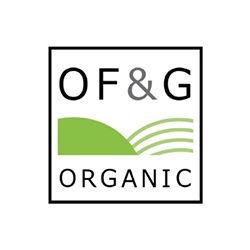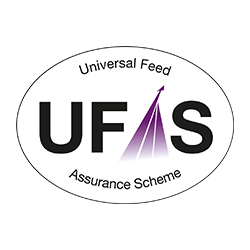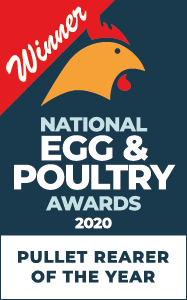Following on from our first Brexit article last month, this past week have given us some indications over what the UK government is thinking in terms of Brexit negotiations.
Recently, Boris Johnson made the comment in a press conference that there was ‘little progress coming from Brussels’ and that we are heading towards the ‘Australian Solution’. The ‘Australian Solution’ would mirror the agreement signed by Australia and Brussels which is effectively an agreement of ‘good intent’ that aims to reduce technical barriers and ease customs issues but still follows the WTO tariffs. All of which seems slightly ambiguous.
This would be a far cry from what Michel Barnier, the EU chief negotiator had initially set out to do four years ago. His ideal was for more of a Canadian type agreement. This agreement called the Comprehensive Economic Trade Agreement (Ceta), means that there are more checks on imports and exports with more ‘red tape’ for business to work through but, the tariffs are significantly reduced as would taxes on quotas.
Having said that, both sides ultimately do want a zero tariff, zero quota agreement and both sides need each other but the question is who will blink first?
Pressure is beginning to increase on the EU, with one French MEP commenting that he feels a no deal outcome would affect the Bloc more than it would the UK and that the EU is merely trying to punish the UK for leaving without thinking of the long term implications to themselves.
There is also the view that if the UK does leave at the end of year and we will see queues of lorries on both sides of the channel, this would refocus minds and make negotiations progress further than they currently are.
Initially, the next stage of the planned negotiations were cancelled, with the UK standing firm that a change in the EU’s attitude needs to happen before it was worth reconvening. The UK also made the stand that should that happen, the invitation was for Michel Barnier to come to London.
This did indeed happen, with news this week that the talks were progressing, and negotiations will move back to Brussels this week before a ‘major update’ is released.
Fishing quotas have been one of the major sticking points in negotiations as is the ‘legal text’ surrounding any sort of agreement so the feel is any update will be around those issues first.
It is worth noting that the UK is making progress on trade negotiations with other countries. There has already been a deal signed with Japan and a deal with New Zealand is also expected imminently.
How does this affect feed prices?
In the short term at least, with a no deal scenario sterling is likely to fall simply because it will mean us entering yet another period of uncertainty and markets do not like uncertainty. This will then drive up the price of any of our imported feed ingredients such as soya. The devaluing of currency will then likely push up domestic grain prices because imports will suddenly look very expensive and the UK is short of wheat this year so reliant on those imports.
The standard tariffs as we have laid out before would also add cost, however, there is the possibility of trade deals outside the EU which would counter some of that.
Whichever way we look at it, the UK will continue to be very reliant on imported feeds over the coming years with no real alternatives coming on line anytime soon. There has been no noise around the recommissioning of the UK bioethanol plants which means UK protein is limited to rape meal, which has not been plentiful for the past few years.
The message although becoming slightly clearer, is still anybody’s guess at this stage. The best outcome of course is still a ‘free trade deal’ but whether that will be possible now is becoming less optimistic.
We will continue to try and guide you through this period and update you on how we feel any developments could affect feed prices as we approach the 31 st December deadline.
















